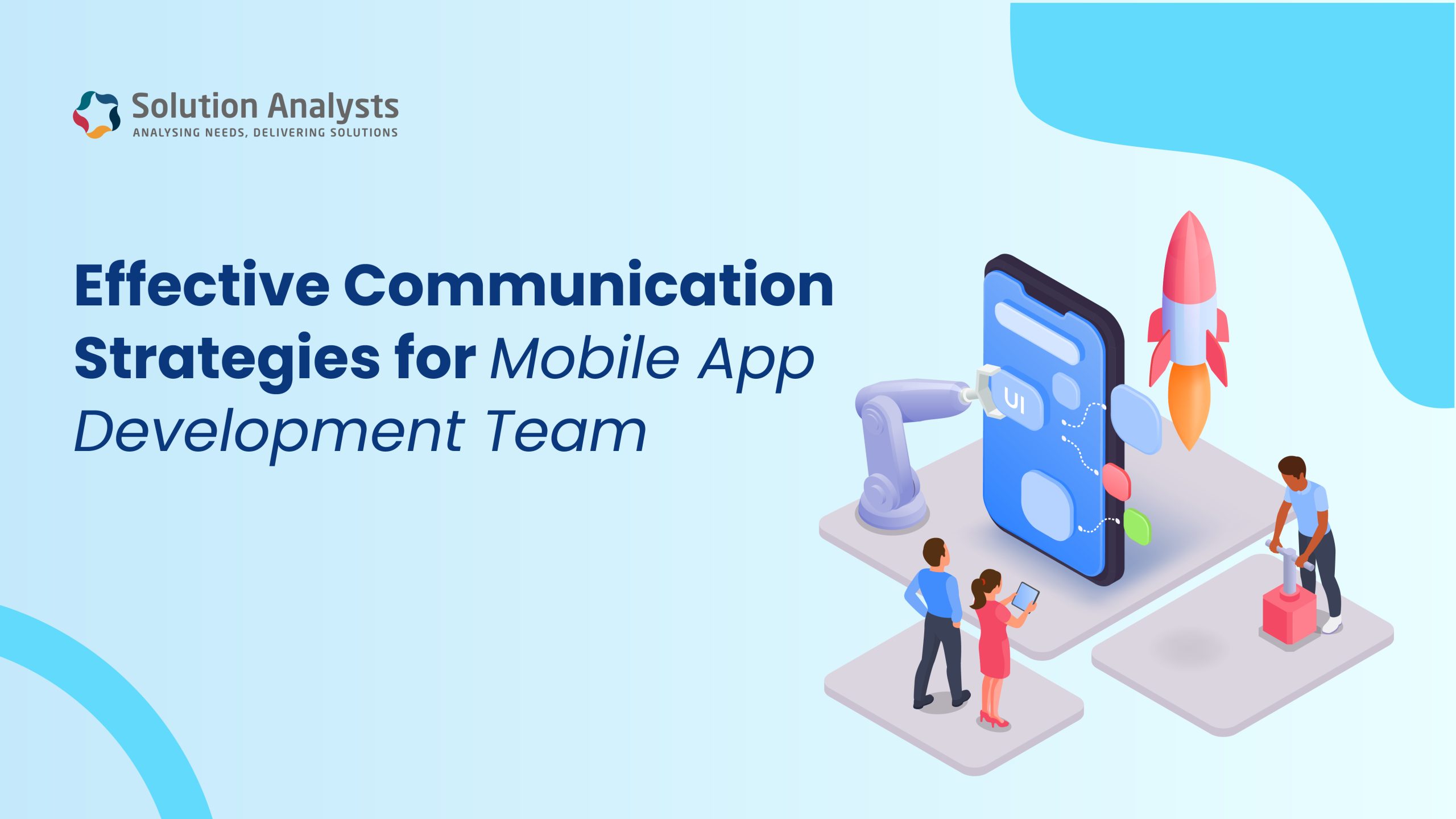
Table of Contents
Introduction of Saudi Arabia’s Data Protection Law and Regulations (PDPL)
The Saudi Arabia Personal Data Protection Law (PDPL) is a law that regulates the processing of personal data of individuals who reside in Saudi Arabia. The law was implemented by Royal Decree M/19 of September 17, 2021, approved resolution No. 98 dated September 14, 2021. The law was amended on March 21, 2023; the organizations will have until September 14, 2024, to implement it.
This is the first law in KSA (Kingdom of Saudi Arabia) that aligns with international privacy laws. Saudi Arabia’s data protection law and regulations follow in the footsteps of Europe’s GDPR (General Data Protection Regulation) which includes similar protection against personal data. Similarly, the National Data Management office has developed The National Data Governance Interim Regulations, which include Personal data protection and Data sharing regulations.
The key features of Saudi Arabia’s data protection law and regulations are as follows.
The law applies to the processing of individuals’ personal data and sensitive data in Saudi Arabia.
It will grant individuals rights to protect their personal data, including the right to access, rectify, erase, and restrict others from accessing their data.
The law also forces the organizations to be transparent about collecting, processing, and utilizing the data.
Who has to comply with Saudi data privacy law?
There are three main entities that need to comply with Saudi Arabia’s Personal Data Protection Law (PDPL)
Data Collectors
Data collectors include public and private entities that collect, store, process, utilize, and share the data. Majorly every business that runs on the internet collects data. If any company is operating in Saudi Arabia and collecting residents’ data, it needs to comply with the PDPL.
Data Processors
The data processors include those entities that do not collect the data firsthand but get a hold of it for a third party. Cloud storage organizations, marketing agencies, consulting agencies, etc., fall under this category.
International Entities That Collect The Data
The PDPL also applies to international companies with headquarters elsewhere but operating in Saudi Arabia and collecting the citizens’ data. Saudi Arabia’s Personal Data Protection Law deals with every organization.
Who Is Implementing The Regulations Of PDPL?
The Saudi Data & Artificial Intelligence Authority (SDAIA) has implemented the regulations of Saudi Arabia’s Personal Data Protection Law (PDPL). The SDAIA has 130 Government systems integrated into the National Data Catalog and 250 data-sharing services in the digital data marketplace. It claims to provide the rights to personal data subjects per personal data protection law, including the rights to know, access personal data, request personal data collection and request personal data destruction.
Saudi Data Protection Authority Roles and Responsibilities
The Saudi Data & Artificial Intelligence Authority (SDAIA) plays a central role in overseeing the implementation of PDPL. These regulations look after how businesses use the data. The law also includes articles that shed light on transferring users’ personal data outside Saudi Arabia. PDPL excludes the individual’s data processing beyond personal or family use as long as the data subject did not publish or disclose to others. The SDAIA holds the enforcement authority to ensure organizations comply with the PDPL. They can;
Monitor:
The SDAIA can conduct an investigation and audit to learn about the organization’s data compliance efforts.
Guide:
If the SDAIA feels the organization needs proper guidance, they can issue the required material to help the organization understand the PDPL.
Enforce:
If the organizations are not complying with the law, then the SDAIA can impose fines in case of law violations.
The PDPL is a new law shaping the Kingdom of Saudi Arabia’s digital policies; SDAIA will likely play a vital role in providing insights to organizations and uniformly shaping them.
Implementations on Business, New Compliance Requirements
Implementing regulations in Saudi PDPL will change how businesses operate in Saudi Arabia. The following impacts are expected to take place on the businesses.
Transparency:
Businesses need to be more transparent with how they collect, process and share the data of individuals residing in Saudi Arabia. They need to form clear privacy policies and inform individuals and the authorities.
Data Security:
The PDPL will ensure the data is stored in tight security and any unauthorized access is avoided to protect users’ privacy. The businesses will need to invest in data protection and safeguarding.
Individual Rights:
Saudi Arabia’s Personal Data Protection Law will allow customers multiple rights to take hold of their data. Businesses need to establish new policies to safeguard residents’ data and ensure the data’s safe collection, processing, and sharing.
Best Practices For Achieving PDPL Compliance in Saudi Arabia
To achieve PDPL compliance in Saudi Arabia, multiple factors must be kept in mind and followed thoroughly; these factors include;
Education:
Understand what PDPL means and what the law tries to interpret. Understand the legal requirements and rights you must grant to process or share the data. Educate your employees about the law and create a culture that responsibly promotes data use.
Data Management:
Ensure data is used responsibly and all legal processes are followed,, including consent, fulfillment and legitimate interest.
Data Retention:
Create a policy defining how long you’ll store the data. Retain the necessary data once the period passes by.
Clear Privacy Policy:
Develop a clear privacy policy with complete transparency. Disclose the use of personal data and ensure the policy is accessible to individuals.
Seek Professional Guidance:
Seek assistance from professionals who can help you navigate your business and comply with the PDPL. Connect with an expert and get a free consultation.
What Are Companies’ Responsibilities Under The Saudi Privacy Law
The responsibilities of individual businesses under the Saudi Arabia Personal Data Protection Law (PDPL) are as follows;
Consent Management:
Companies must obtain explicit and specific consent from users before processing their data.
Privacy Policy:
Businesses need to create a clear privacy policy outlining every aspect and disclose the use of personal data.
Data Security:
Create a robust infrastructure that safeguards the data and prohibits unauthorized access.
Data Breach Notification:
In case of any data breach, companies must notify the authorities within a given time frame.
Individual Rights:
Every individual needs to have the right to access and obtain a copy of their personal data. Individuals must also have the right to rectify, erase or restrict the processing of their data.
Looking Ahead Predictions For The Future Of Data Protection In Saudi Arabia
Cross-Border Flow:
The PDPL may clarify further and apply a methodological framework for sharing individuals’ data with international clients.
Technological Advancements:
New data policies and privacy-enhanced technologies can play a more significant role in the future, helping organizations comply with PDPL.
New Roles:
As the importance of data privacy increases in Saudi Arabia’s ecosystem, it could boost new roles and responsibilities to individuals. New career doors, such as Data protection officers, more established professionals, and specialized consultation agencies, can come into play.
The PDPL is similar to the European Union’s General Data Protection Regulation (GDPR), which focuses on safeguarding individuals’ data privacy. Future predictions and iterations of the law might concentrate more on sensitive data and stricter requirements to protect individuals’ data.










 sales@solutionanalysts.com
sales@solutionanalysts.com biz.solutionanalysts
biz.solutionanalysts






